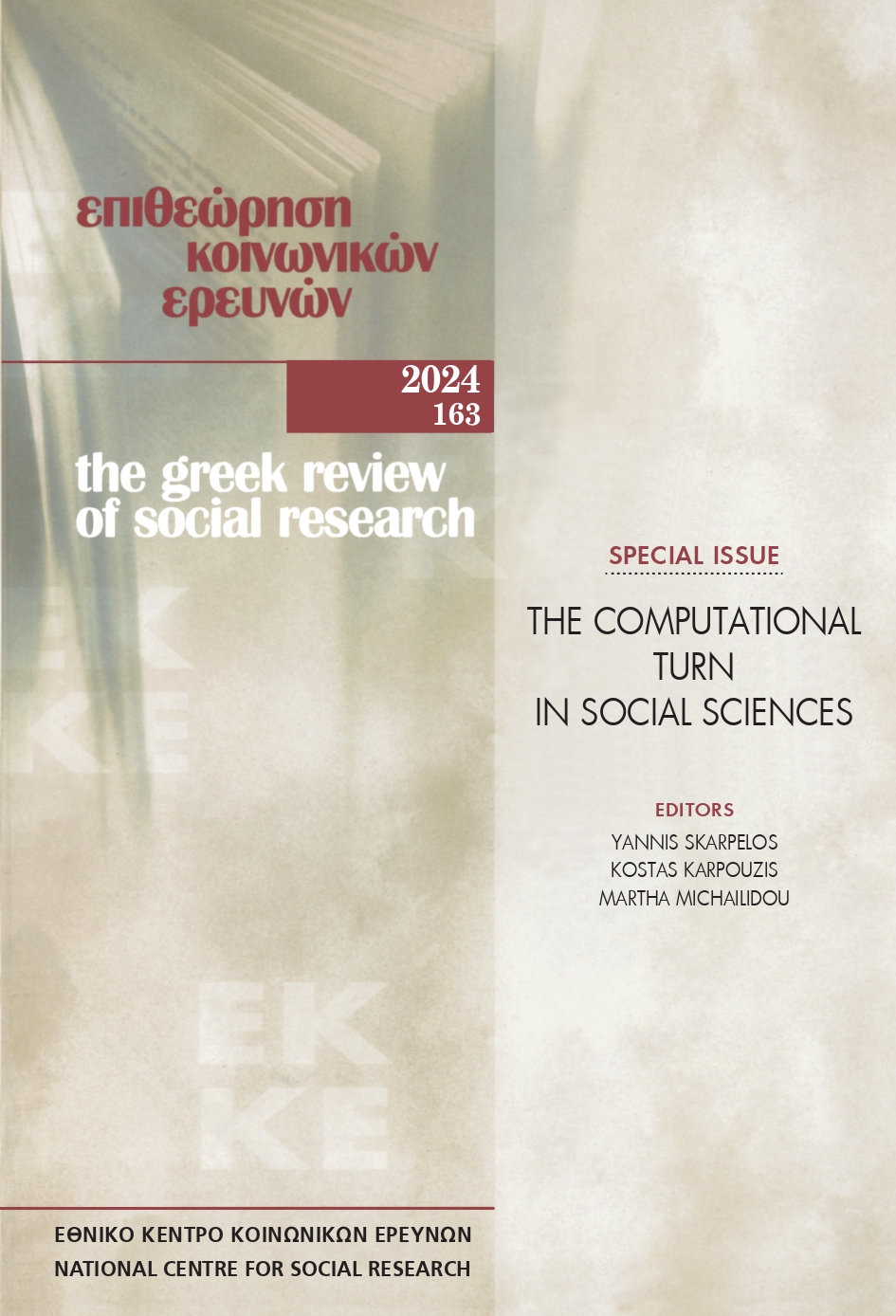Emotion during election periods: Deciphering Twitter users’ discourse

Abstract
Within computational political science, a sentiment expressed in social media has been subject to examination about electoral behaviour, more so because of the cases of the successful use of social media by candidates (Obama) or by companies who tried to manipulate public opinion (e.g., the involvement of the Russian Internet Research Agency and Cambridge Analytica in 2016 Presidential Elections in the USA, or of Cambridge Analytica’s to the UK’s Referendum about Brexit). In this paper we examine a refinement of analysis, moving from sentiment (positive-negative) to emotions, combine opinion mining with social network analysis, and apply it to the tweets posted during the critical elections that took place in Greece in 2015 and 2019. We find support for the relation between some emotions and voting behaviour in other countries but also realize that the intensity of expressing such emotions is perhaps a better indicator of the need for change.
Article Details
- How to Cite
-
Messini, S. (2024). Emotion during election periods: Deciphering Twitter users’ discourse. The Greek Review of Social Research, 163, 67–91. https://doi.org/10.12681/grsr.38500
- Section
- Articles

This work is licensed under a Creative Commons Attribution-NonCommercial 4.0 International License.
Authors who publish with this journal agree to the following terms:
- Authors retain copyright and grant the journal right of first publication with the work simultaneously licensed under a Creative Commons Attribution Non-Commercial License that allows others to share the work with an acknowledgement of the work's authorship and initial publication in this journal.
- Authors are able to enter into separate, additional contractual arrangements for the non-exclusive distribution of the journal's published version of the work (e.g. post it to an institutional repository or publish it in a book), with an acknowledgement of its initial publication in this journal.
- Authors are permitted and encouraged to post their work online (preferably in institutional repositories or on their website) prior to and during the submission process, as it can lead to productive exchanges, as well as earlier and greater citation of published work (See The Effect of Open Access).


